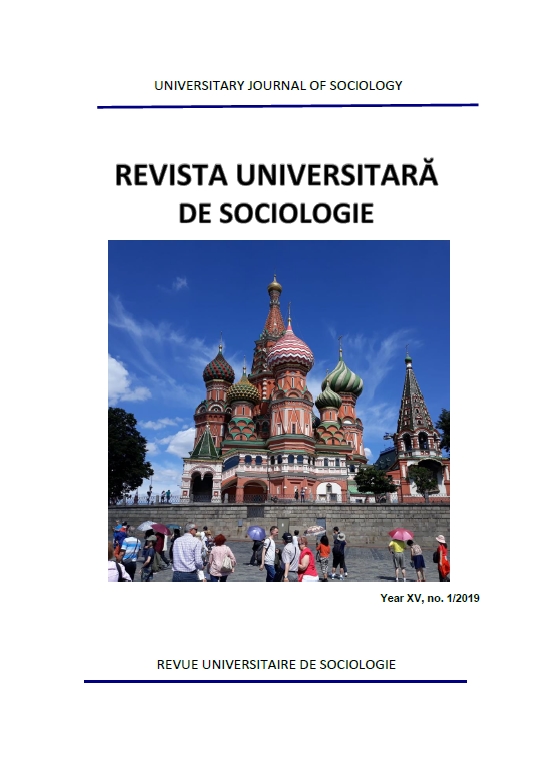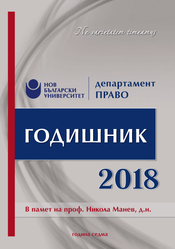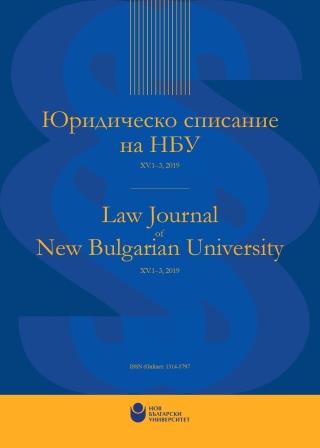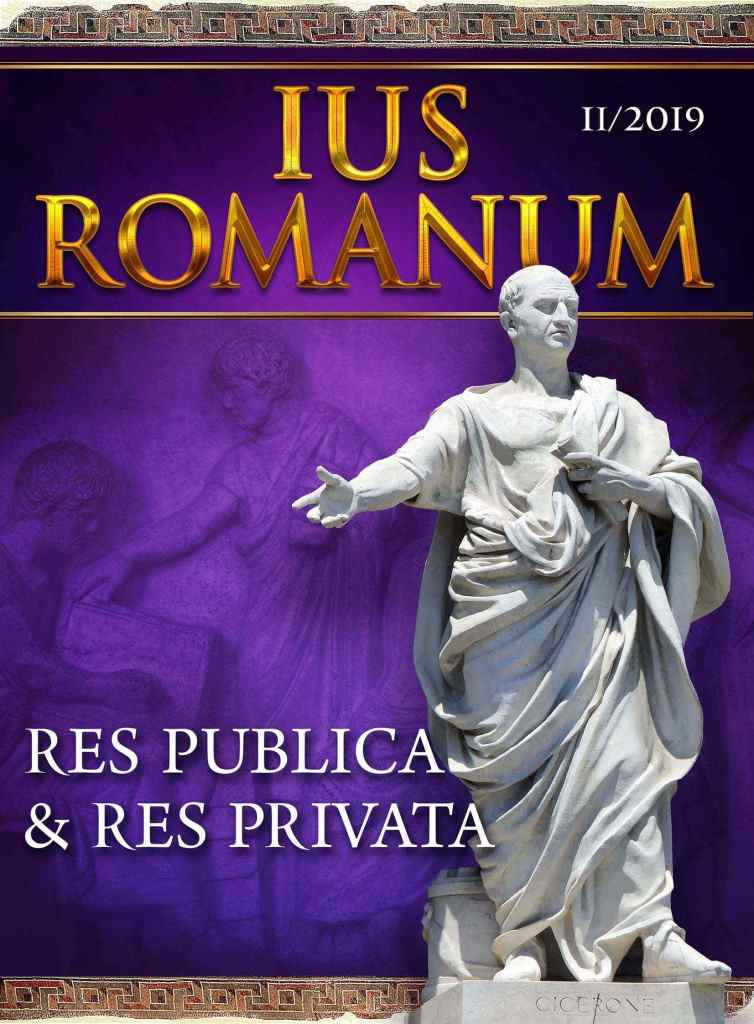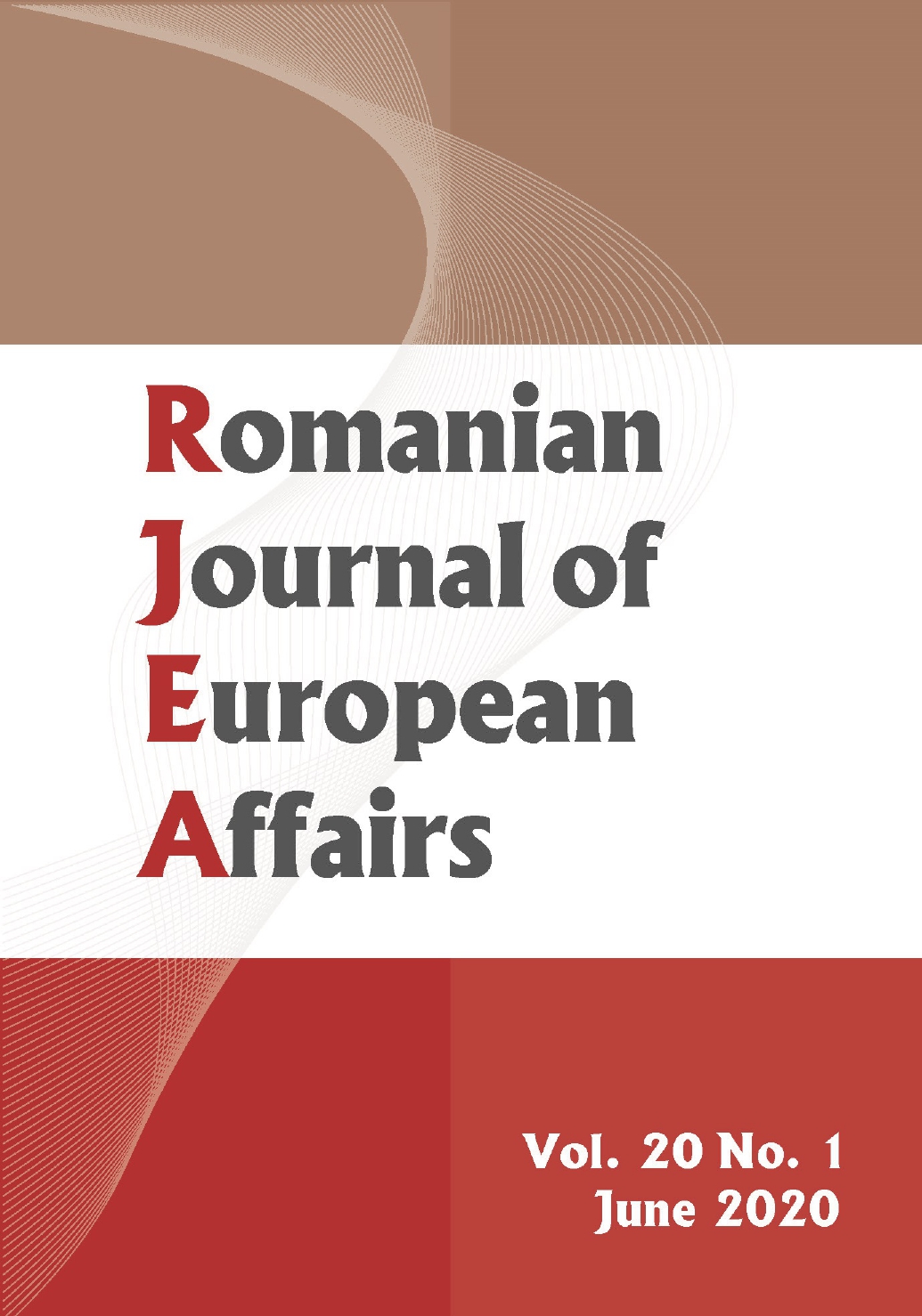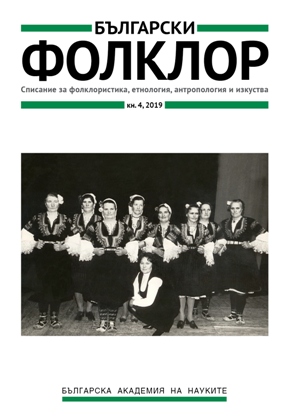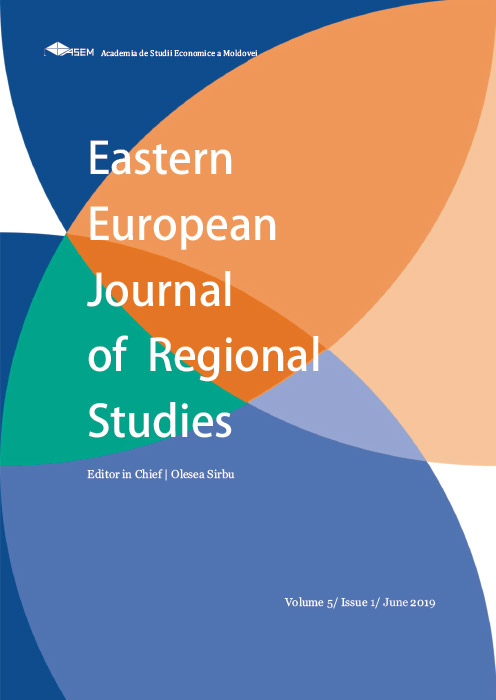
Rebuilding Fortress Europe, Building Fortress USA: From Discursive to Physical Boundaries against Refugees on a Global Level
It is difficult to properly emphasize the increase in xenophobia on a global level, from discourse to appropriate policies. Though Donald Trump’s “wall” has become a world-known feature, fences have been built in numerous places within Europe as well. Xenophobic discourses are increasingly used as a means for gaining electoral support, after which “adequate” policies are being introduced. From the “immigrant” or “guest worker” to the “refugee” or “asylum seeker”, these people have been shunned on an institutional and media level, invisible in their plight for decades, oftentimes painted as criminals. With the resurgence of xenophobia, their visibility increased only to be put in a negative spotlight, as scapegoats instead of victims. This article deals with the discursive construction of the Enemy from the refugee in the Middle East from the methodological standpoint of Critical Discourse Analysis, as well as how this exclusionary, discriminative discourse in turn creates xenophobic policies on a global scale.
More...
